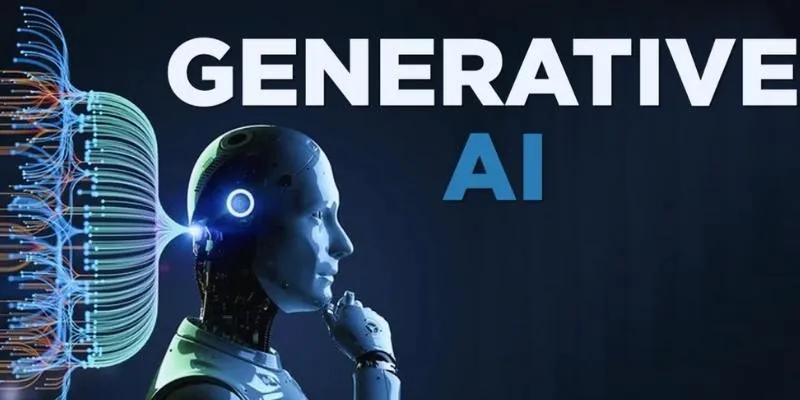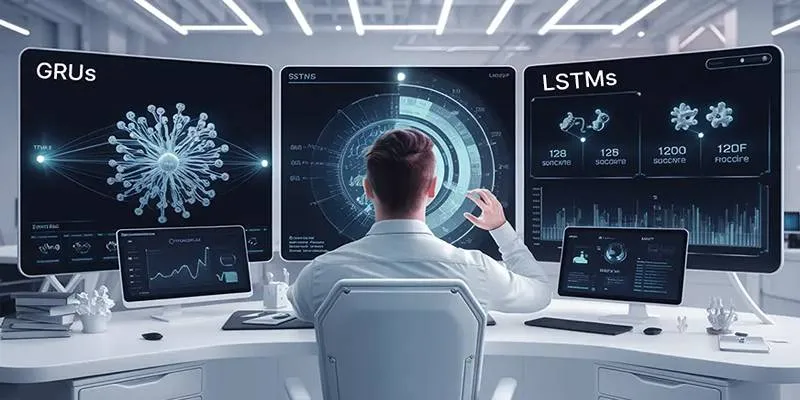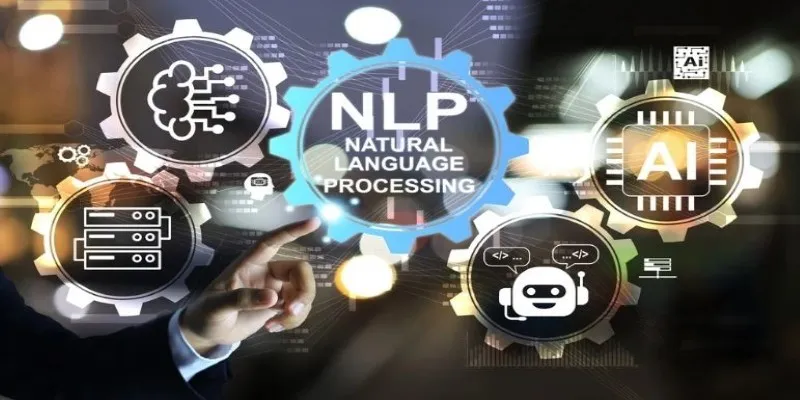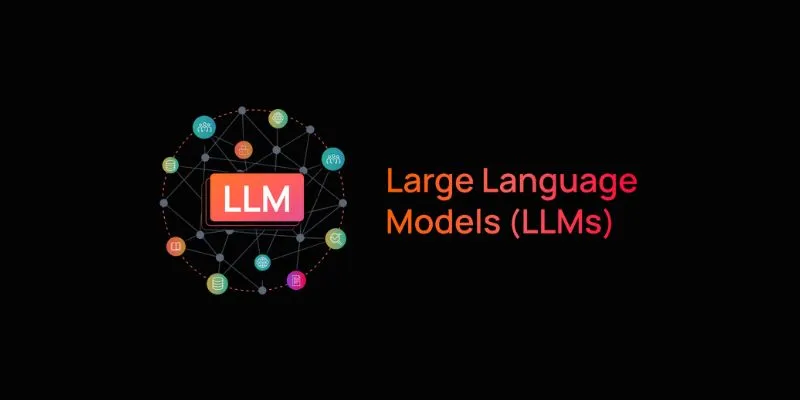Artificial intelligence (AI) is revolutionizing the medical field, driving advancements in diagnostics, treatment planning, and patient care delivery. By harnessing the power of machine learning and data analytics, AI enables health professionals to uncover insights, improve accuracy, and boost efficiency. This guide discusses current innovations and future possibilities, highlighting AI’s potential to transform healthcare for better outcomes.
Breakthroughs in AI-Driven Healthcare:

1. Transforming Medical Imaging with AI
Healthcare benefits greatly from advanced medical imaging because AI has revolutionized this pivotal application area. Medical professionals use sophisticated algorithms to examine radiology images and pathology slides, as well as retinal pictures, to identify diabetic retinopathy indications. Fast life-saving intervention becomes possible because Aidoc and Zebra Medical Vision utilize AI to recognize vital medical conditions such as brain hemorrhages and pulmonary embolisms.
Recent breakthroughs are transforming healthcare:
- The ability of AI to transform low-quality imaging scans into detailed 3D models through reconstructions has revolutionized surgical planning, creating unprecedented precision standards.
- Encoding healthcare expertise into AI systems enables it to find early-stage mammographic and MRI abnormalities that human specialists often overlook, leading to speedy and precise diagnosis.
2. NLP-Powered Clinical Documentation
Natural Language Processing (NLP) is revolutionizing clinical documentation, turning a once tedious task into an efficient, seamless process. Imagine tools like Amazon Comprehend Medical and IBM Watson Health pulling key insights from messy, unstructured medical notes—freeing up physicians to focus on patient care instead of paperwork. Here’s how NLP is making a real difference:
- Transcribing doctor-patient conversations in real time.
- Summarizing patient histories for faster, smarter diagnoses.
- Spotting potential drug interactions within electronic health records (EHRs).
With NLP, healthcare is becoming faster, smarter, and more patient-focused.
3. Accelerating Drug Repurposing and Rare Disease Research
AI is speeding up drug discovery by analyzing existing medications for new therapeutic purposes. For example:
- BenevolentAI identified baricitinib, an arthritis medication, as a potential treatment for alopecia.
- DeepMind’s AlphaFold predicts protein structures with remarkable accuracy, aiding in the study of genetic disorders and the development of targeted treatments.
4. AI-Driven Robotics in Surgery
Surgical robotics, such as the da Vinci System , are integrating AI to enhance precision and efficiency in minimally invasive procedures. Emerging advancements include:
- Autonomous Suturing: AI-guided robots perform intricate stitching with sub-millimeter accuracy, reducing the margin for error.
- Real-Time Surgical Analytics: AI provides surgeons with live feedback during procedures, such as monitoring tissue perfusion and identifying nerves.
5. Remote Patient Monitoring and Wearable AI
AI-powered wearables, like the Apple Watch and Fitbit, are becoming essential for proactive healthcare. These devices now detect conditions such as atrial fibrillation, sleep apnea, and sudden falls. Additionally, hospitals rely on AI-enabled dashboards to monitor ICU patients, predicting critical events like sepsis or cardiac arrest hours before symptoms arise, allowing for timely intervention.
AI’s integration into healthcare is not just a technological leap—it’s reshaping patient care, diagnosis, and treatment in profound ways, paving the way for a smarter, more efficient healthcare system.
Challenges and Ethical Considerations in AI-Driven Healthcare
Artificial intelligence has the power to revolutionize healthcare, offering innovative solutions to complex problems. However, its implementation comes with significant challenges.
1. Data Quality and Interoperability
AI thrives on vast, accurate, and diverse datasets to perform effectively. However, healthcare data is often scattered across fragmented and incompatible systems, such as disparate electronic health records (EHRs) or proprietary databases. This lack of standardization hinders data sharing and limits AI’s ability to learn and optimize. To unlock AI’s full potential, the healthcare industry must prioritize:
- Standardizing data formats.
- Establishing universal protocols for data exchange.
- Enhancing interoperability between EHRs to create a seamless flow of information.
2. Algorithmic Bias and Equity
AI models are only as unbiased as the datasets they are trained on, and incomplete or unrepresentative data can lead to inequitable outcomes. For instance, when datasets lack diversity in factors like race, gender, or socioeconomic background, AI systems may unintentionally amplify healthcare disparities. Tackling this issue requires a multi-faceted strategy:
- Auditing datasets to ensure demographic representation and inclusivity.
- Developing fairness-focused machine learning techniques to reduce bias.
- Involving diverse stakeholders in the design and testing of AI systems to proactively identify and address inequities.
3. Regulatory and Liability Complexities
Regulatory bodies, such as the FDA, are working to create frameworks for evaluating and approving AI-powered medical tools, emphasizing safety, efficacy, and transparency. However, questions around legal accountability remain unresolved, particularly as AI systems evolve and become more autonomous. Greater clarity in regulatory standards is essential to ensure both patient safety and developer accountability.
4. Building Clinician Trust and Adoption
Despite its potential, AI adoption in healthcare faces skepticism from many clinicians. Concerns about AI replacing human judgment, making mistakes, or operating as a “black box” with opaque decision-making processes have slowed its acceptance. Gaining the trust of healthcare professionals is critical, and achieving this will require:
- Developing explainable AI (XAI) systems that offer transparency by clearly illustrating how decisions are made.
- Providing education and training to help clinicians effectively integrate AI into their workflows.
- Demonstrating reliability through real-world use cases that showcase AI’s ability to enhance—not replace—clinical judgment.
Future of AI in Medicine, Emerging Trends

1. AI-Powered Predictive Healthcare
Hospitals will increasingly use AI to forecast disease outbreaks, readmission risks, and ICU bed demand. For example:
- Google’s DeepMind collaborates with NHS to predict acute kidney injury 48 hours in advance.
- AI-driven population health tools identify at-risk communities for targeted interventions.
2. Generative AI for Synthetic Data and Drug Design
Generative adversarial networks (GANs) can create synthetic patient data for research without compromising privacy. Startups like Insilico Medicine use AI to design novel drug molecules in weeks instead of years.
3. Federated Learning for Privacy-Preserving AI
Instead of centralizing data, federated learning allows AI models to train across decentralized datasets (e.g., multiple hospitals) without sharing raw patient information, enhancing privacy.
4. AI-Integrated Nanomedicine
Future applications may include:
- Nanobots guided by AI for targeted drug delivery in cancer treatment.
- AI-optimized biomaterials for regenerative medicine.
Conclusion
AI is transforming medicine, offering innovative solutions to long-standing challenges. While hurdles like data privacy, bias, and regulatory compliance remain, the potential benefits are immense. As AI continues to evolve, it will play an increasingly vital role in delivering efficient, personalized, and accessible healthcare worldwide. The future of medical innovation lies in the seamless integration of AI with human expertise, ensuring better outcomes for patients and providers alike.
 zfn9
zfn9























